In an uncertain market, forecast to continue its decline from the 2016 peak of 2.7 million new car sales, business funding may become more challenging for motor retailers as banks become more cautious, but investment in stock, people and manufacturer standards remains high.
The International Monetary Fund warned this month that “the credit cycle is maturing” and challenged global financial institutions to “act now to head off the growing risk of a major downturn”.
“Corporate debt and financial risk-taking have increased. The creditworthiness of borrowers has deteriorated… loans to highly indebted borrowers continue to be of particular concern,” said Tobias Adrian, the IMF’s financial counsellor and monetary and capital markets director.
David Kendrick, partner at UHY Hacker Young in Manchester, believes banks are taking a more pessimistic view of the automotive sector now.
“They are definitely nervous about the automotive space, whether that’s linked with the demise of High Street retail or property or the potential onset of electric vehicles, I am not sure. Stronger businesses are getting supported, but there is selectiveness about new funding.
“The ways dealers are combating that is looking at all funding lines, whether that’s utilising all their used car vehicle funding or leveraging the balance sheet to generate working capital. People are looking at their own businesses and being a bit more savvy utilising their capital.”
Kendrick said his clients are very conscious of costs now: “Some businesses have had a good 10-year run of strong profits and when profits are strong, it’s amazing how costs can creep and additional head count seep back into the business.”
He believes manufacturers have begun lowering the capital expenditure pressure on dealers, with a ‘softening of manufacturer requirements’, which frees up capital for investment elsewhere, such as in digital technology.
John O’Hanlon returned to motor retail in 2017 with his new venture, Waylands Automotive. Some 18 months after the sale of Ridgeway, the AM100 dealer group he ran with owner David Newman, O’Hanlon bought Wayland’s first Volvo franchise, in Reading, from Jardine Motors. He has since acquired three more Volvo dealerships at Oxford, Swindon and Newbury, and relocated the Reading operation into a new £6m VRE-compliant site.
O’Hanlon said: “We work with both HSBC and Volvo Financial Services to fund the acquisitions. We fund capital expenditure from bank loans (for larger projects) and retained profits of the business.
“With a business that can demonstrate medium-term profitability and strong cash flow, a reasonable business case can be provided to funders that allow the investments to be made. It’s important that the funders understand your business and not just the headlines.
“The new car market is down overall, but, as a Volvo dealer in the Thames Valley, we have a real opportunity to grow the business. By sharing our ambitions and our progress against these ambitions we demonstrate that we can be relied on and that they can have confidence in our business.”
O’Hanlon believes by ensuring Wayland’s key funders understand its short- and medium-term strategies and performance relative to the market, their confidence to invest in the business will continue.
Transparency, no surprises and regular updates on operational performance and achieving strategic goals means O’Hanlon maintains a trusted relationship with funders.
It includes sharing budgets and plans in detail before the start of the year and updates every month alongside quarterly meetings to discuss strategy – although more regularly if a transaction is ongoing.
O’Hanlon instils good business practice at his sites and insists that the basics are covered every day without compromise. Maintaining strong management controls over the company’s working capital means all stocks are funded and debts are paid when due. Weekly meetings to a strict agenda drive rapid operations decisions from Wayland’s management team.


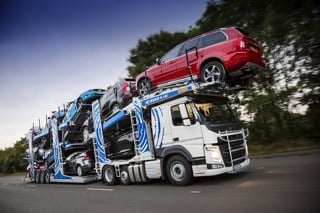
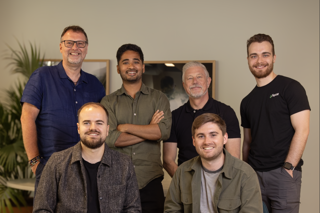
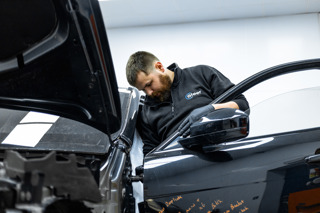
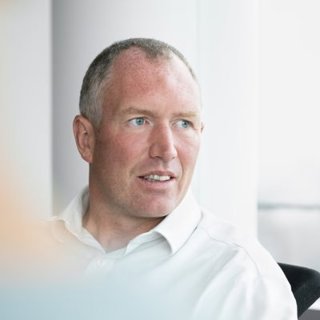
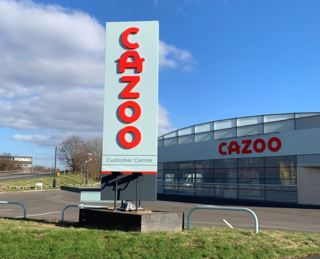












Login to comment
Comments
No comments have been made yet.